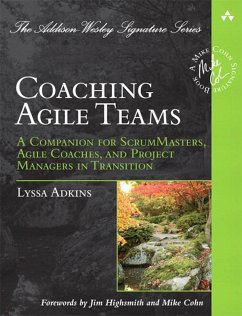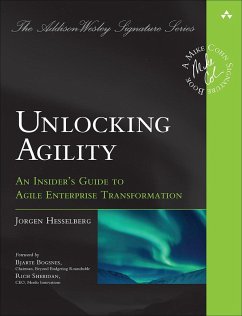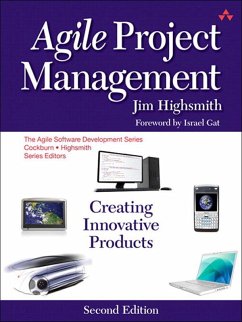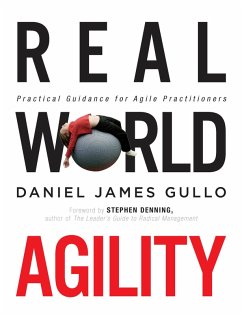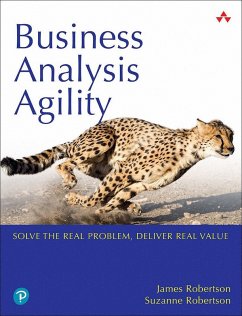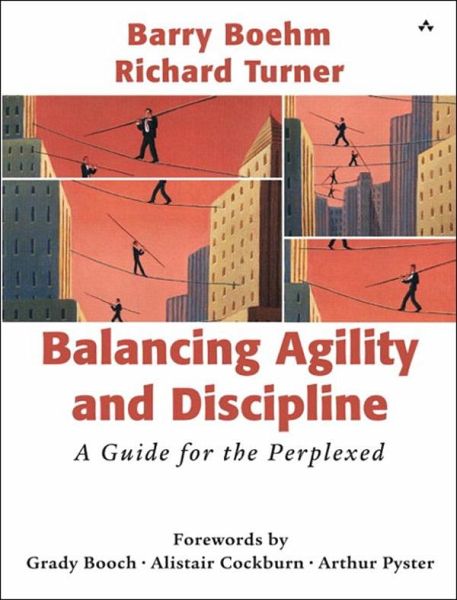
Balancing Agility and Discipline (eBook, ePUB)
A Guide for the Perplexed
Versandkostenfrei!
Sofort per Download lieferbar
25,95 €
inkl. MwSt.
Weitere Ausgaben:

PAYBACK Punkte
13 °P sammeln!
Agility and discipline: These apparently opposite attributes are, in fact, complementary values in software development. Plan-driven developers must also be agile; nimble developers must also be disciplined. The key to success is finding the right balance between the two, which will vary from project to project according to the circumstances and risks involved. Developers, pulled toward opposite ends by impassioned arguments, ultimately must learn how to give each value its due in their particular situations.Balancing Agility and Discipline sweeps aside the rhetoric, drills down to the operati...
Agility and discipline: These apparently opposite attributes are, in fact, complementary values in software development. Plan-driven developers must also be agile; nimble developers must also be disciplined. The key to success is finding the right balance between the two, which will vary from project to project according to the circumstances and risks involved. Developers, pulled toward opposite ends by impassioned arguments, ultimately must learn how to give each value its due in their particular situations.
Balancing Agility and Discipline sweeps aside the rhetoric, drills down to the operational core concepts, and presents a constructive approach to defining a balanced software development strategy. The authors expose the bureaucracy and stagnation that mark discipline without agility, and liken agility without discipline to unbridled and fruitless enthusiasm. Using a day in the life of two development teams and ground-breaking case studies, they illustrate the differences and similarities between agile and plan-driven methods, and show that the best development strategies have ways to combine both attributes. Their analysis is both objective and grounded, leading finally to clear and practical guidance for all software professionals--showing how to locate the sweet spot on the agility-discipline continuum for any given project.
Balancing Agility and Discipline sweeps aside the rhetoric, drills down to the operational core concepts, and presents a constructive approach to defining a balanced software development strategy. The authors expose the bureaucracy and stagnation that mark discipline without agility, and liken agility without discipline to unbridled and fruitless enthusiasm. Using a day in the life of two development teams and ground-breaking case studies, they illustrate the differences and similarities between agile and plan-driven methods, and show that the best development strategies have ways to combine both attributes. Their analysis is both objective and grounded, leading finally to clear and practical guidance for all software professionals--showing how to locate the sweet spot on the agility-discipline continuum for any given project.
Dieser Download kann aus rechtlichen Gründen nur mit Rechnungsadresse in A, B, BG, CY, CZ, D, DK, EW, E, FIN, F, GR, HR, H, IRL, I, LT, L, LR, M, NL, PL, P, R, S, SLO, SK ausgeliefert werden.







